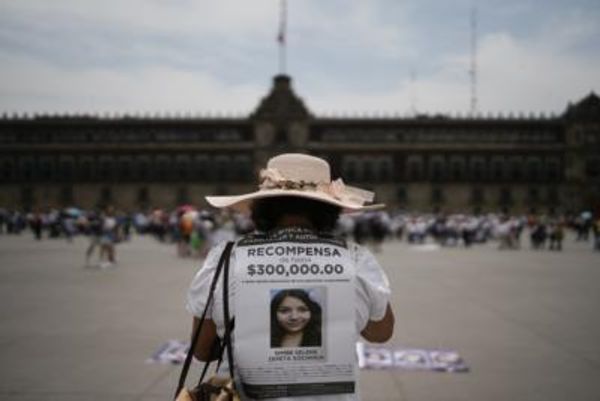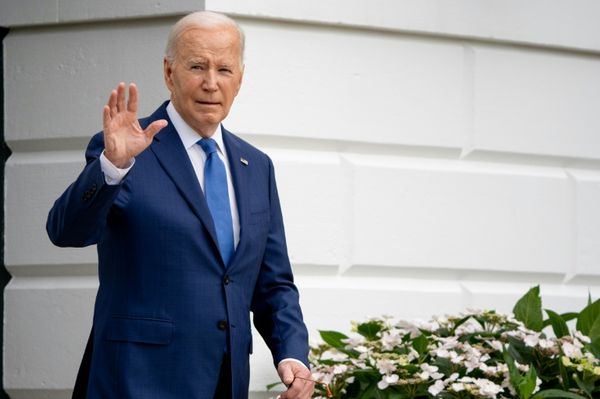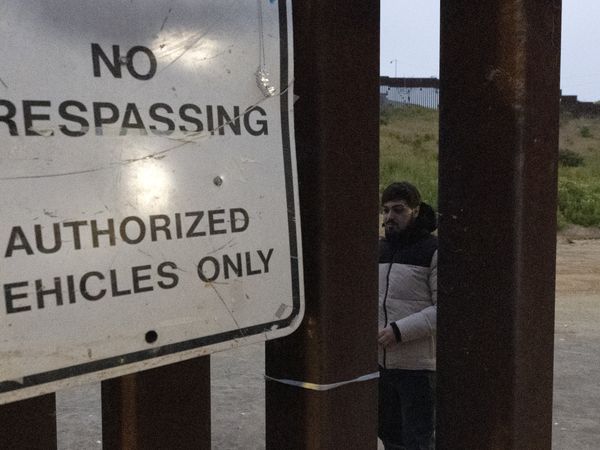
Prisoner throws you right into the melee from the very start and barely pauses to surface for air. There is no slow buildup to the action here, only a practice prison riot and a sense that all is not as it appears to be. It treats its viewers as intelligent and capable, throwing character after character on to the screen, while drip-feeding the plot in small and tantalising portions. The reward is a mature, gripping drama about the complexities of the modern-day prison system in Denmark. No, come back! If Borgen taught us anything, it’s that the Danes are impeccable at turning bureaucracy into thrilling drama. It really is gripping, I promise.
The Killing’s Sofie Gråbøl is the big name here, but she’s part of an ensemble cast, as we see a crumbling prison through the eyes of four officers who take very different approaches to the job. Gråbøl plays Miriam, who believes in doing things by the book and shows at least some compassion towards the inmates. The tie is an optional part of the uniform, but she chooses to wear it. So too does Sammi (Youssef Wayne Hvidtfeldt), whom we meet during his first ever shift. He appears to be the model recruit, explaining to the boss that he trained for the post to do some good in society.
The first episode is Sammi’s eye view of how things ought to be, and how they actually are. He is shown around the prison by Henrik (the fantastic David Dencik, who played Gorbachev in Chernobyl), a gnarled old-timer who prefers the quiet life. Henrik explains how the rules are manipulated to make it easier for the officers to handle the inmates. They rattle their keys to make their presence known, so that any contraband can be disposed of in advance; they turn a blind eye to the tennis balls stuffed with hash that come flying over the walls. “Hash gives us peaceful inmates,” he says. When the top dog is a gang member called Panik, who runs several wings with the help of all the relatives who are inside with him, you can at least see it from Henrik’s point of view.
This comes into sharper focus with the introduction of “the man of the house”, prison governor Gert. Gert seems to admire Sammi’s idealism, but is far too long in the tooth to expect anything from it. She understands that the prison is a complex ecosystem that is about to get even messier. It is understaffed, manpower is stretched to breaking point, and throughout it is made clear that whether the inmates or the officers are in charge depends on which way the wind blows that day. Off the record, Gert tells the officers that the government is planning to build a new prison, will fix up “to EU standards” (remember those?) two other prisons, and to fund this project, will be closing one more. Naturally, their prison is at risk, and this brings in the inspectors, who will be monitoring the way things are run in there. A new, zero-tolerance policy is about to come into play, lighting the match on a tinder box of tensions.
Prison dramas tend to follow similar paths, and anyone with a passing familiarity with them will recognise the narrative, though there are Danish specificities that raise its game. There are elements of Time in here, with the arrival of Helge, a wealthy white-collar criminal who has to work out how to survive among the gangs; Miriam’s advice is to pay someone to protect him. “Isn’t it your job to protect us?” he asks, suddenly terrified. The officers have troubled personal lives, with strain at home for Henrik, and the arrival of Miriam’s estranged, former addict son, Asger, who suddenly needs a lot of money and needs it quickly.
It is fair to assume that it will not end well. This is a brutal existence for everyone, and the menace is palpable. The ominous, droning soundtrack suggests that the fragility of what the officers call their “coexistence” with the inmates is about to implode. Even the small details are gruesome: there is advice for Sammi not to stick his hands into dark corners, because the inmates like to hide blades there to protest against cell shakedowns. Officers get hurt; prisoners get hurt; violence is a fact of life, and this never shies away from showing exactly how violent it is. But it has no time for an easy good versus evil parable, either. Everyone is trying to survive, in whatever way they can. This is grey, grainy and rainy drama, highly strung, impossibly taut, and compelling to the end.
Prisoner aired on BBC Four and is on iPlayer now.







